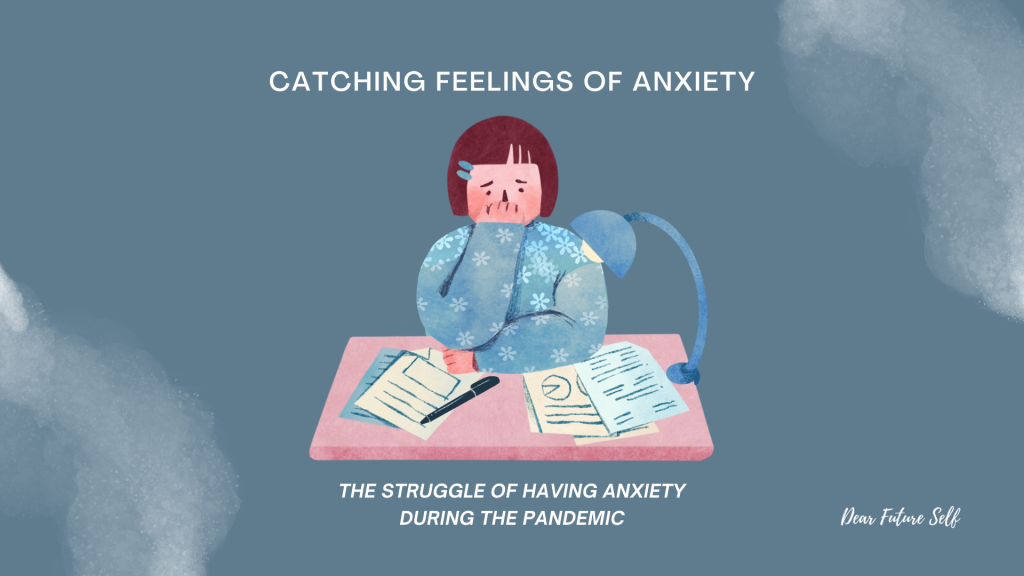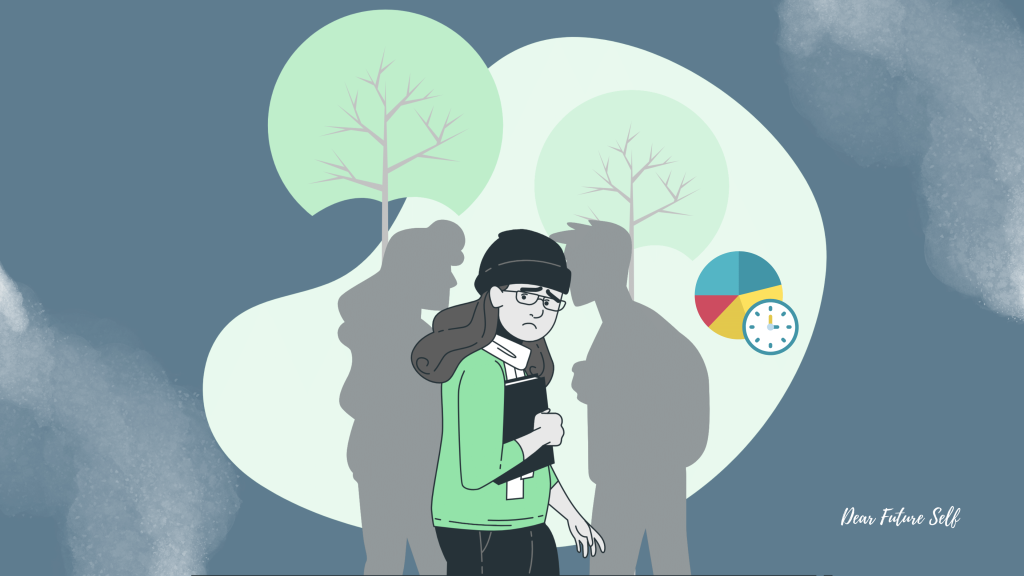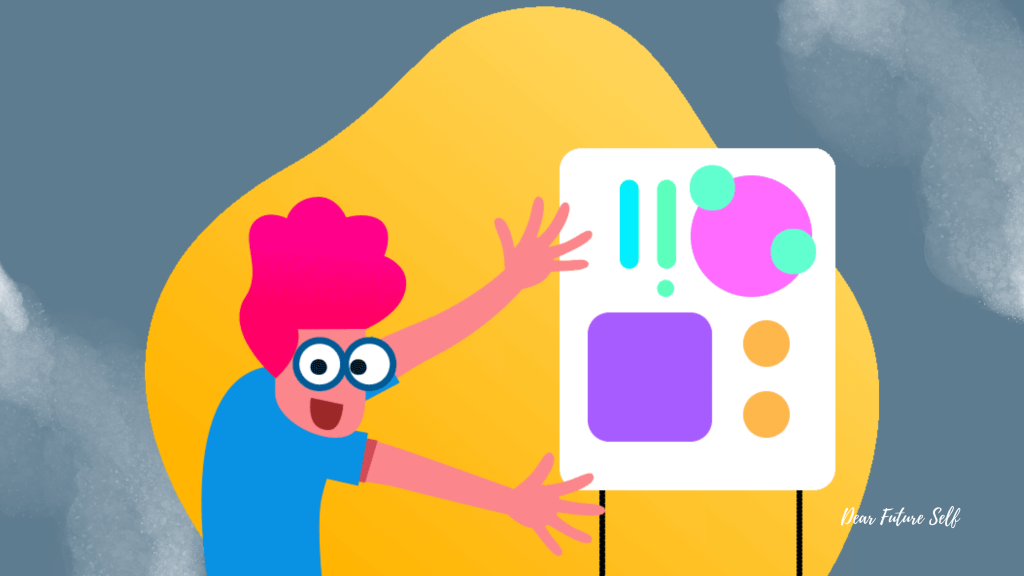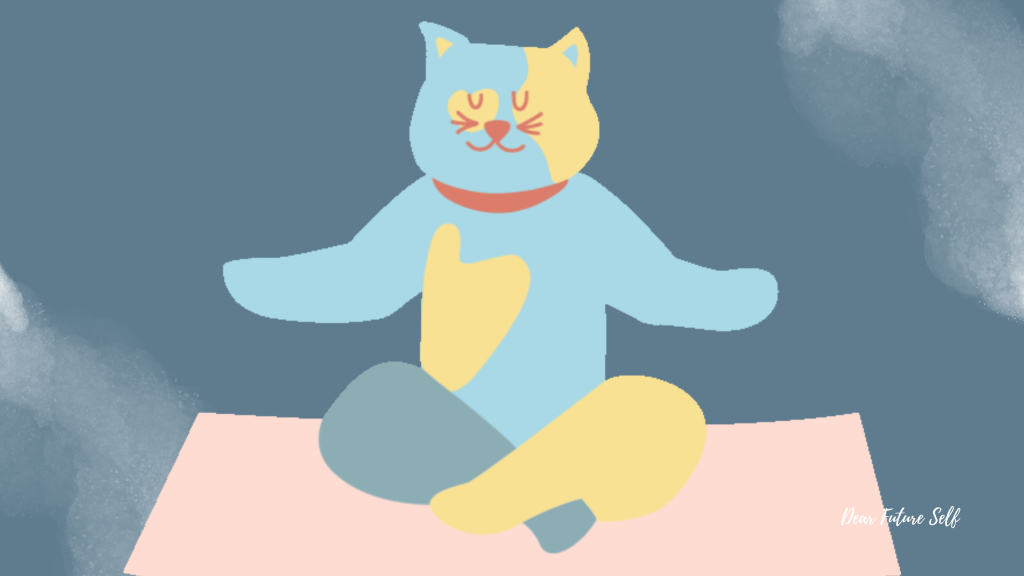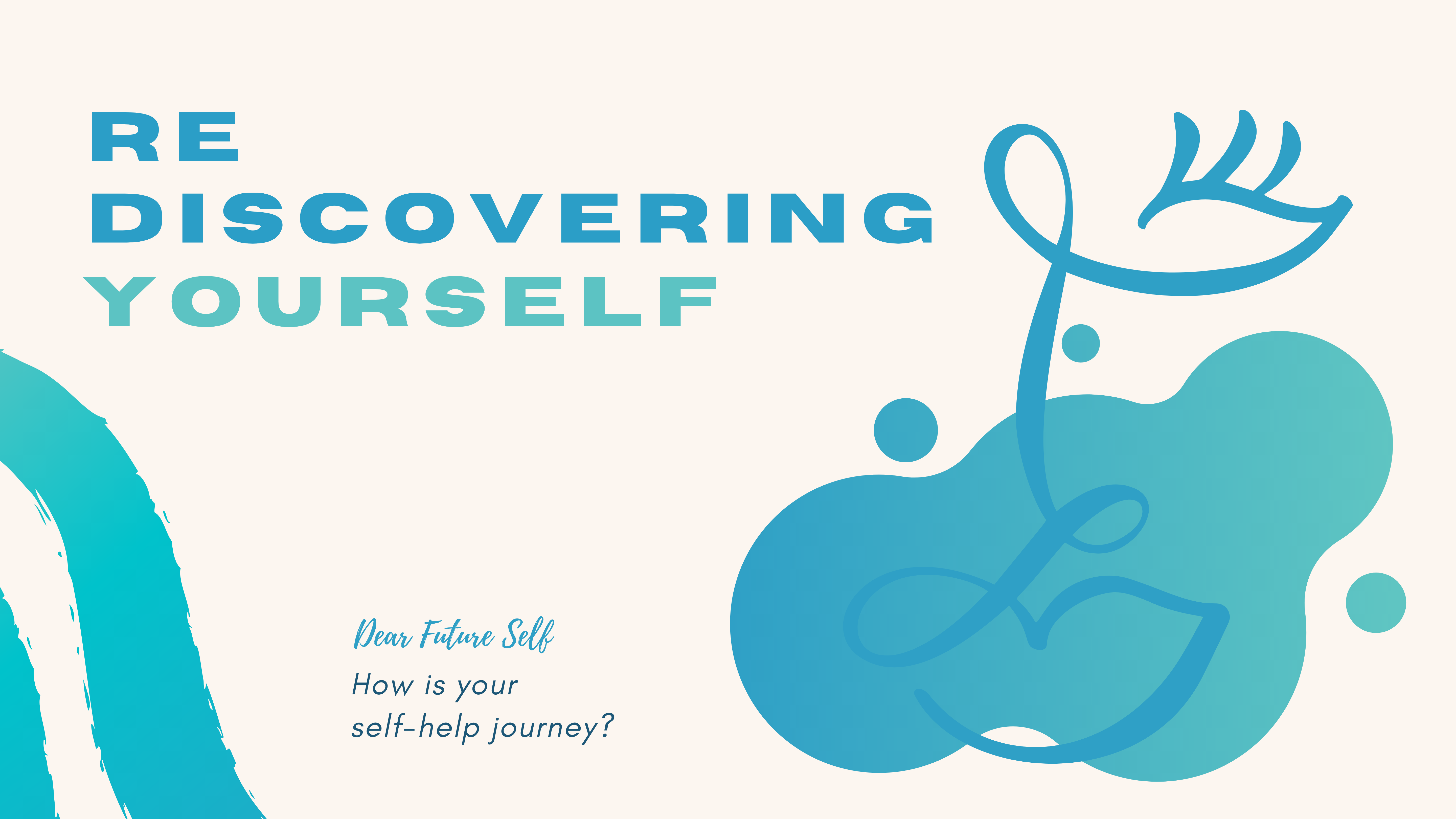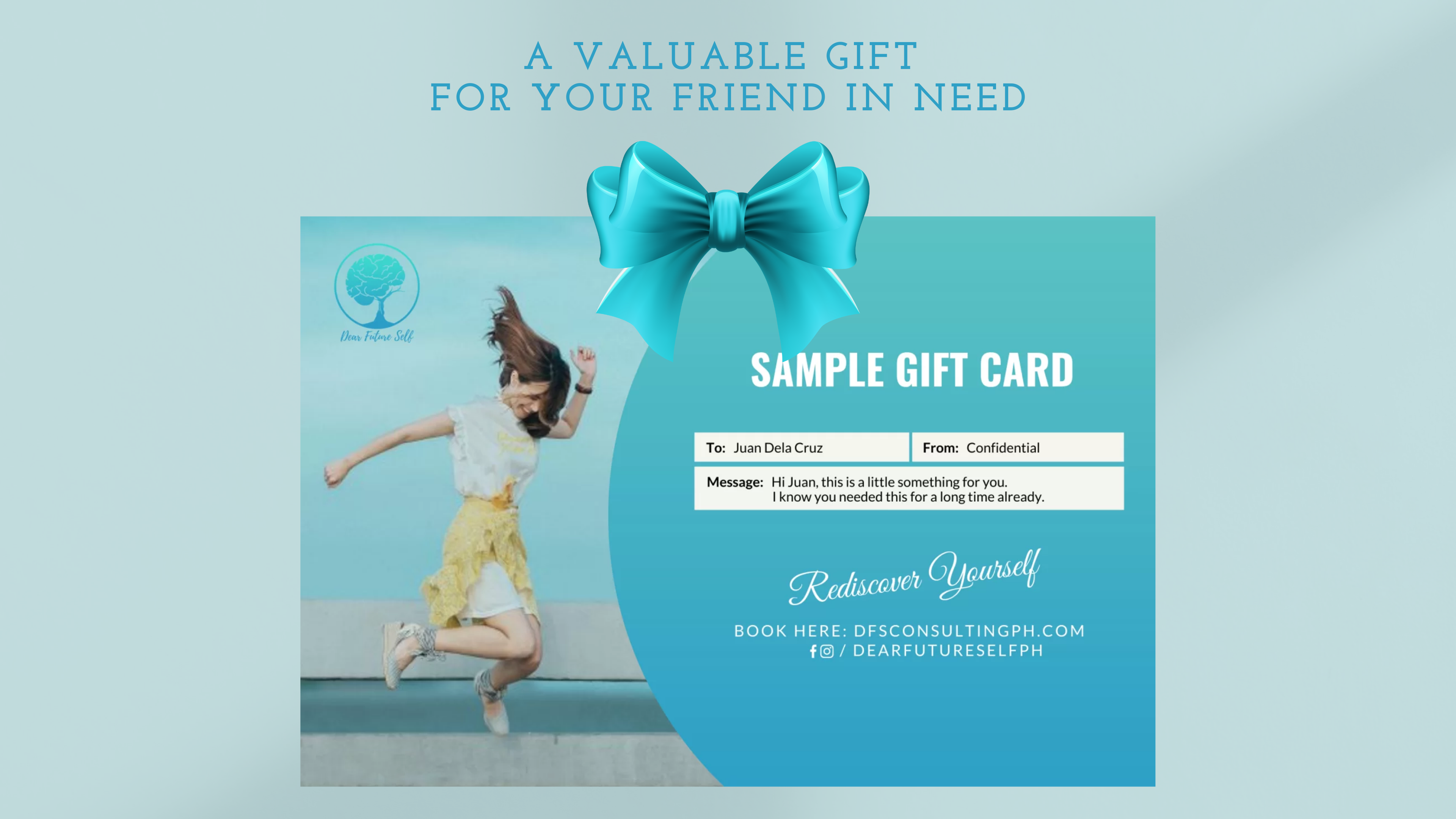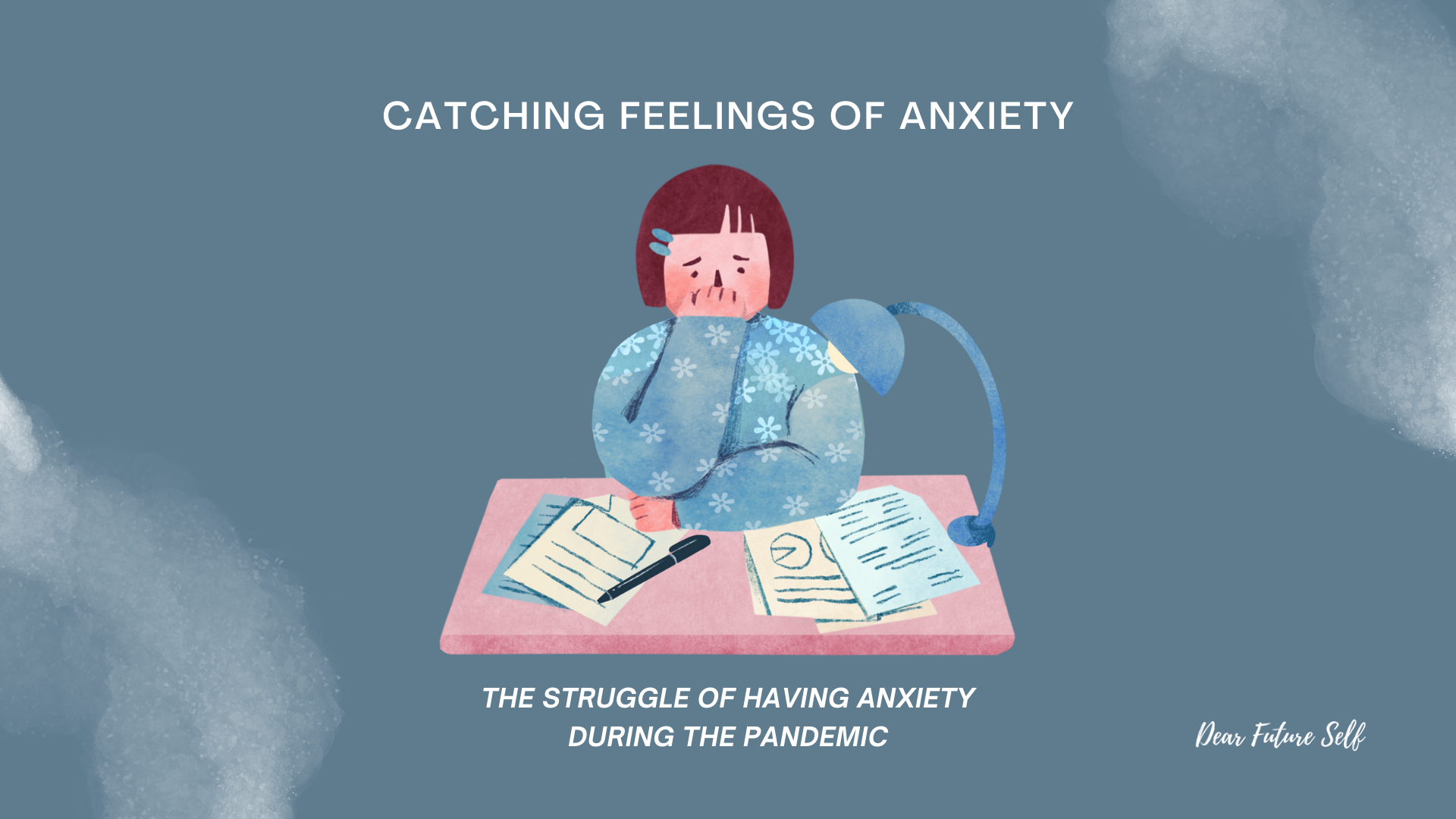
07 Jan Catching Feelings of Anxiety During Pandemic
THE STRUGGLE OF HAVING ANXIETY DURING THE PANDEMIC
It’s been almost two years here in the Philippines that we are living with our face mask on, face shield, alcohol, and a one-meter distance to each other because of the outbreak of COVID-19 and just recently, a new variant called delta. Upon scrolling on your social media accounts, the everyday increase of positive cases would welcome you; the television would do the same too. Regardless of age and occupation, everyone is affected by the pandemic causing us to live with fear, what ifs, and doubts. What if I catch COVID virus while going home? What if this fever and cough are symptoms of COVID? What if I die tomorrow? What if I blindly passed the virus to my family? How will I earn more money for our everyday needs? These are just some questions lingering in our minds but we still have a lot of things to think and worry about. In short, the pandemic brought us anxiety which affected us in our lives whether on work, home, and school.
Anxiety is a state of mind marked by tense feelings, concerned thoughts, and physical changes such as elevated blood pressure (American Psychological Association, n.d.) Other thoughts, feelings, and reactions we encounter during this time are:
● Sadness, weeping, and a loss of interest in formerly pleasurable activities
● Increased heart rate, stomach upset, weariness, or other unpleasant sensations are
examples of physical symptoms.
● Anger, irritation, or frustration
● agitation or restlessness
● Unable to help yourself
● Sleeping problems or inability to concentrate
● Feeling cut off from other people
● Anxiety about going to public places
● Having difficulty unwinding
● Feeling stressed and anxious
● Racing thoughts
Finding emotional support from friends and family are helpful these days but support coming from yourself is a huge thing and is the most valuable thing that you can do to manage anxiety.
So what are the things that we can do to support ourselves against anxiety?
Recognize that anticipatory anxiety is normal, but set aside time during which you will allow yourself to worry.
It’s natural to be concerned about the worst-case situation, but you should also consider scenarios that are more likely, such as experiencing mild and bothersome symptoms rather than life-threatening ones. Allow yourself some minutes per day to be concerned about the virus. Externalizing anxiety can be as simple as verbalizing or writing down your feelings.
Look for ways to stay in the present.
Remind yourself that you’re fine and find ways to stay connected to what you’re doing right now. Tap all your senses to ground yourself.
Simple eye exercises and breathing techniques can help.
Breathing practices might help to reset and restore your autonomic nervous system. Take a deep breath and count to four while breathing deeply through your nose and exhaling to six. Repeat three times.
Another method is to do a basic eye exercise. To begin, raise your head while keeping your eyes open. Then, as you slowly close your eyelids, keep staring up. Inhale deeply and close your eyes, allowing your eyes to relax into their natural position. Exhale. Allow yourself to be relaxed for as long as you like. You can also see oneself in a relaxing environment, such as on a beach or in a meadow gazing up t the sky. Slowly open your eyes after that.
Recognize the gravity of the public health issue confronting our community, and keep in mind that reacting from a place of worry and fear is rarely helpful, especially in the long run. Taking care of our health and well-being during times like these can help us cope with stress and anxiety and allow us to remain calm and successful in the face of the global crisis.
And so… what would you tell your ![]() to stop worrying about?
to stop worrying about?
References:
American Psychological Association. (n.d.). Anxiety. Psychology Topics. https://www.apa.org/topics/anxiety
Michigan Medicine University of Michigan. (n.d.). Managing Anxiety During the COVID 19 Pandemic. Anxiety. https://medicine.umich.edu/dept/psychiatry/michigan-psychiatry-resources-covid-19/specificmental-health-conditions/managing-anxiety-during-covid-19-pandemic
The University of Melbourne. (n.d.). Coronavirus (COVID 19): managing stress and anxiety. COVID 19: common reactions and Strategies to cope with stress, anxiety, or distress. https://services.unimelb.edu.au/counsel/resources/wellbeing/coronavirus-covid-19-managing-stress-and-anxiety
Self-Help Corner
Seek Professional Help

Gift Certificates & Self-Care Package
Connect with Us


